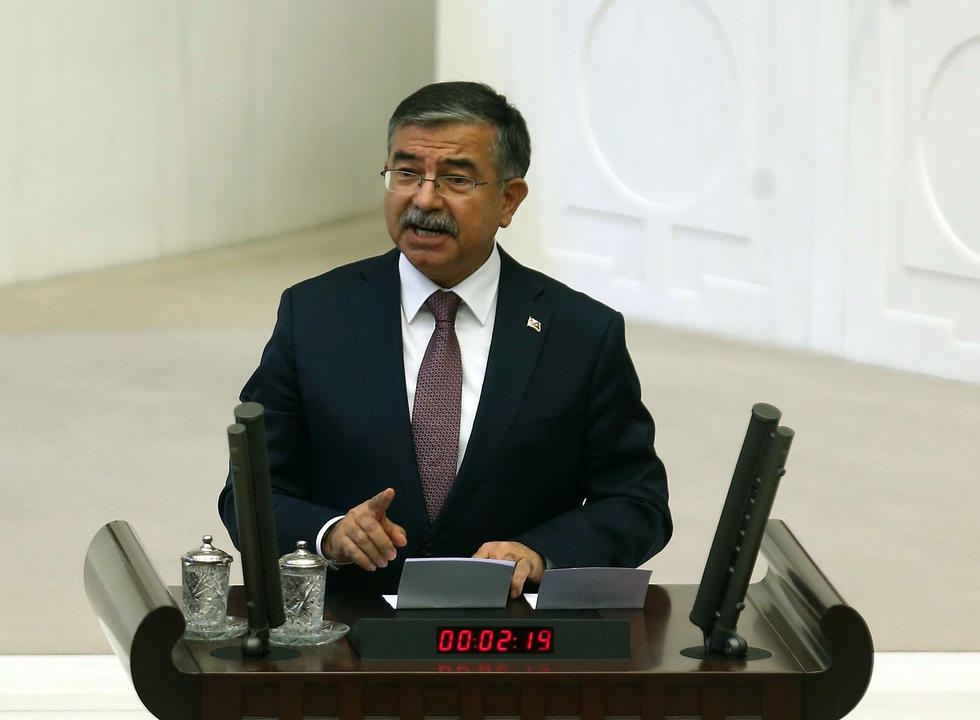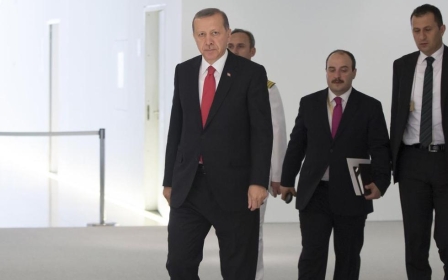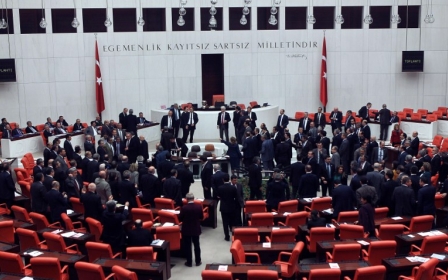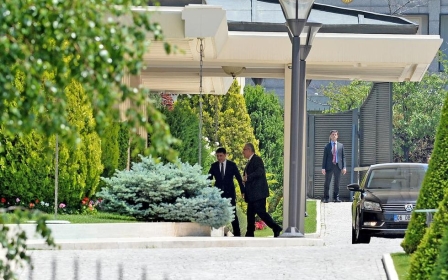Former AKP defence minister elected as Turkey’s parliamentary speaker

Ismet Yilmaz, who used to be the defence minister in the previous AKP government, was named as the country’s 26th parliamentary speaker.
Yilmaz received 258 votes in the fourth and final round of two-days’ voting among the Grand National Assembly’s 550 lawmakers.
The 53-year-old, who represents Sivas province in eastern Turkey, had served two terms as a deputy. He was appointed defence minister in July 2011 by then prime minister Recep Tayyip Erdogan.
The assembly vote is regarded as a key indicator of the country’s politics after the party lost its majority in the June elections.
Even though AKP are still the largest party in parliament, the 7 June election was a blow not only to its authority but also to Erdogan, who had been hoping the new parliament would agree on a new constitution to increase his powers.
Yilmaz, a relatively low-profile candidate with a PhD in maritime law, was running against Deniz Baykal, the veteran former leader of the main opposition, Republican People’s Party (CHP), who won 182 votes in the final round of voting.
In his first remarks in parliament after being elected to the post, Yilmaz said the Turkish nation was expecting a new constitution from the 25th term of parliament he will preside over.
“The economic and democratic level that our country has reached today makes a new constitution an obligation for all of us,” he said.
‘Presented on golden platter’
The election of the speaker has been seen as a barometer of how the formation of Turkey’s first coalition government since the AKP came to power in 2002 might pan out.
The nomination of Yilmaz also had been seen as a sign that the AKP could be willing to give up the post in return for a deal with the CHP to form a coalition.
The results however put an end to such speculation as the two parties appeared not to have voted for each other.
Some commentators said the results signalled the possibility of a coalition between the AKP and the MHP as the latter refused to vote for the opposition candidate.
The AKP and the nationalist MHP share a core voter base of conservatives in the centre of the country.
Erdogan is now expected to mandate Prime Minister Ahmet Davutoglu to form a government. If efforts to form a coalition are unsuccessful Erdogan can call snap elections within 45 days.
According to recent opinion polls any new elections in October or November are unlikely to bring much change to the Turkish politics.
New MEE newsletter: Jerusalem Dispatch
Sign up to get the latest insights and analysis on Israel-Palestine, alongside Turkey Unpacked and other MEE newsletters
Middle East Eye delivers independent and unrivalled coverage and analysis of the Middle East, North Africa and beyond. To learn more about republishing this content and the associated fees, please fill out this form. More about MEE can be found here.




